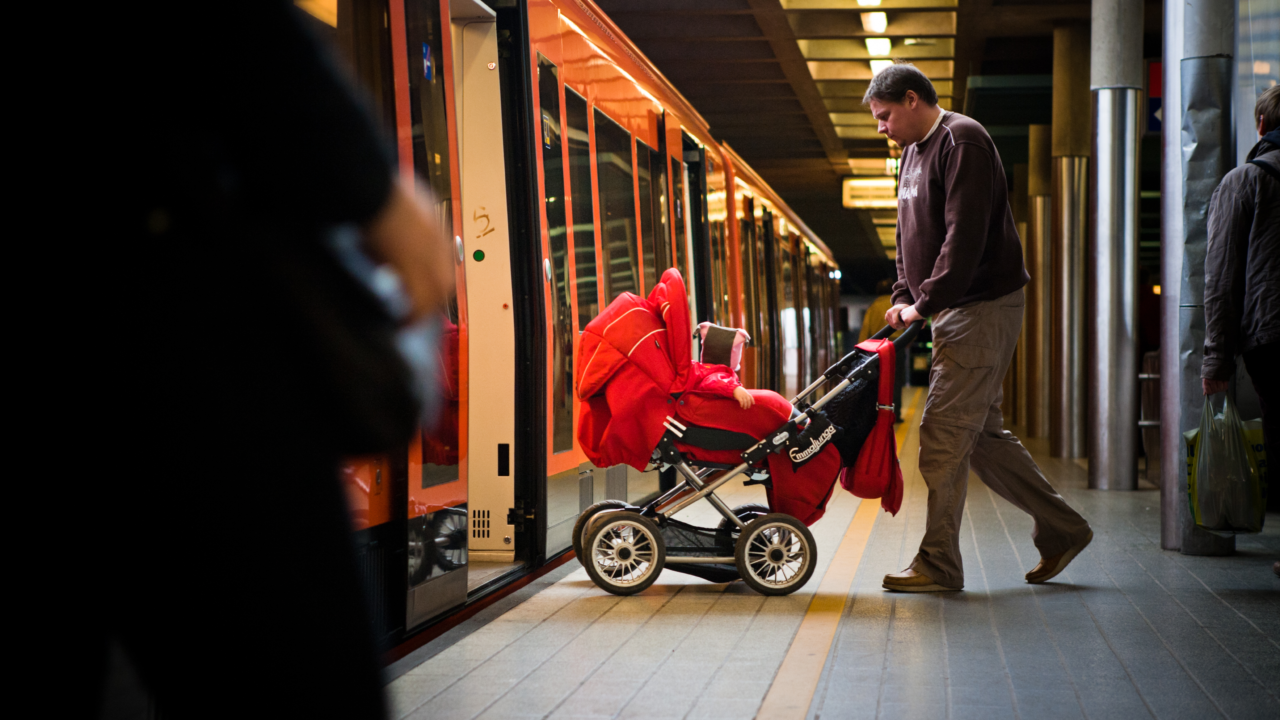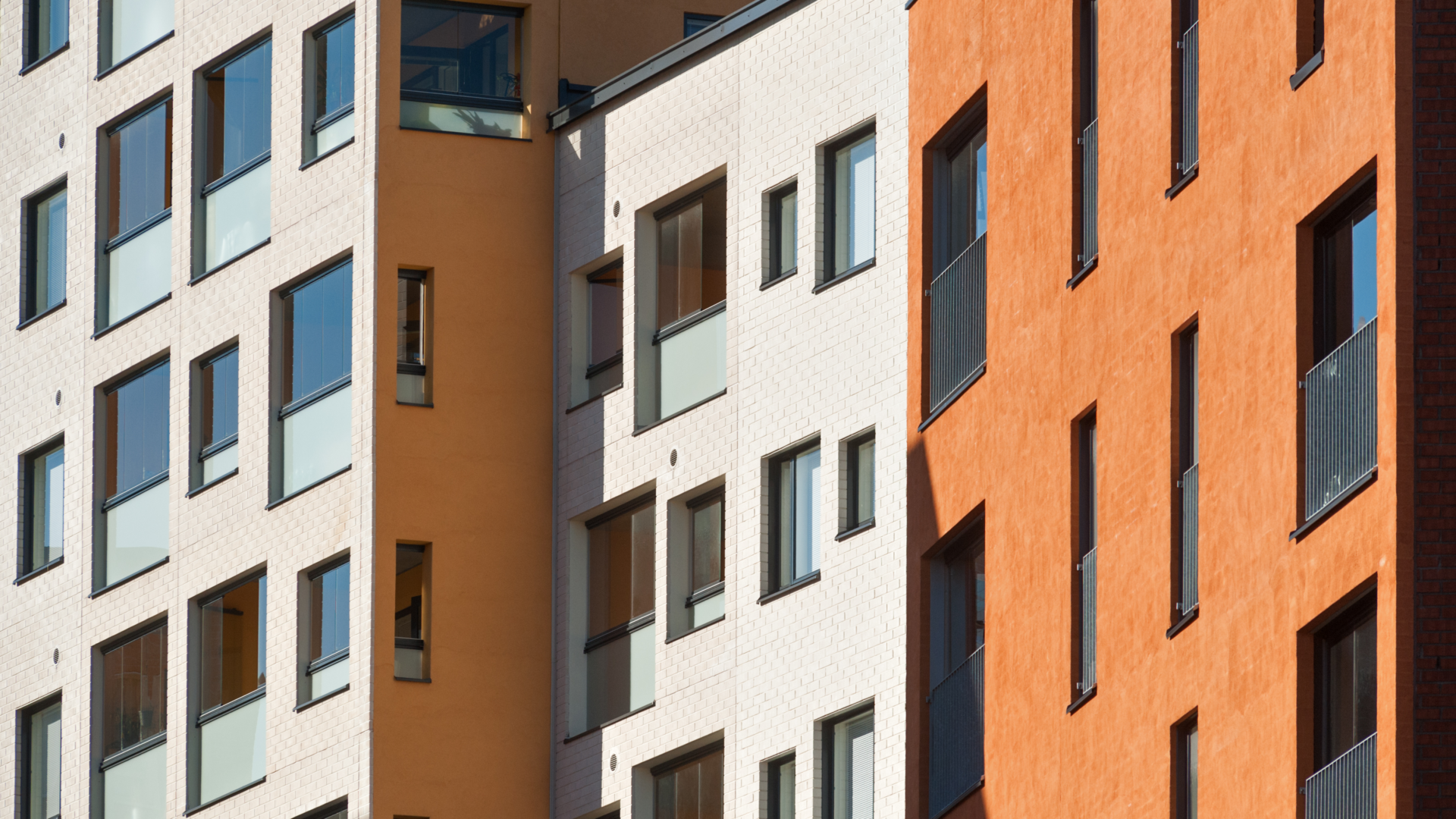Societal environments must support sustainable growth
Work and inclusion in municipalities and regions will not improve on their own. Environments should be systematically developed so that all of Finland is an attractive place to live and operate in as well as run a business and invest in. This requires both support and developing operational environments together with the business community and maintaining high-quality communications, data networks, and services throughout the country.
Provision of government services in different areas is strengthened by integrating services of all government agencies in joint service points by utilising technology and more flexible service methods. Regional administration is reformed in a way that will strengthen regional presence and increase uniform and human-centred national services. The objective shall be that, by the end of the next parliamentary term, the services of all government authorities can be accessed under one roof. Accessing services is to form a flexible continuum from fully digital services to personal visits according to citizens’ needs.
Labour availability and a skilled workforce for employees and businesses are key questions for regional vitality, and they should be answered together with companies and educational institutions in the region.
Municipalities should introduce common spaces for remote work. This could also generate new networks and cooperation between different actors. Functioning and safe data networks are a precondition for utilising and promoting multi-locality.
We will ensure functioning transport connections
Finland is a big country, and from the point of view of business and employment across its regions, ensuring accessibility and extensive transport connections is vital.
The National 12-year transport system plan accomplished during this government term should continue to be the foundation for transport policy. It is a strategic plan that strives to ensure the functioning of the transport system and necessary investments on a long-term basis, across parliamentary terms. In the coming term, its funding must be safeguarded and the level of funding raised to prevent the accumulation of repair debt and enable long-term development in the entire country, in all modes of transport.
Key routes that cross regional and ELY Centre region borders serve the needs of the economy of the entire country and are an essential part of systematic, comprehensive transport planning and policy. Transport, including air traffic, must be reformed to be sustainable and smart. Funding for the management of the basic transport infrastructure must be ensured and the repair debt must be reduced.

Functioning, safe and rapid transport and communication links facilitate people’s daily lives and business activities. Thanks to good and high-speed connections, travel-to-work areas expand and people’s freedom to choose where they live increases. In urban areas, well targeted investments in public transport catalyse private sector housing and service investments and generate a better community structure.
On the national level, rail link maintenance and new rail investments must be at the top of transport projects. Implementation of big rail projects, initiated during Marin’s term, will continue. At the same time, maintenance of all key transport infrastructure will be ensured. Finland’s key tracks, ports, airports, and roads maintain and improve the attractiveness of the operating environment and its suitability for new investments. For regional vitality, we must strive toward the three-hour accessibility target.
Taxi transport will be amended further, as necessary. The availability and safety of taxis and consumer confidence in taxi transport should be improved further. This may mean, for example, restoring the on-call system in less densely populated regions.

We will build more affordable housing
In many growth regions, home ownership is expensive and thus beyond the reach of many. This is why a state-supported model of affordable owner-occupied housing production should be implemented. In Finland, the construction of around 35,000 dwellings should begin annually. At least 13,000 of them should be affordable, and of that number, at least 2,000 should be affordable and owner-occupied. There is a great need for, in particular, so-called normal rental and right-of-occupancy housing production, as the shortage for such housing is the greatest. Increasing affordable housing production also compensates for the possible reduction of non-subsidised housing production and prevents unemployment in construction. The tax deduction treatment of investment housing should be evaluated during the coming government term.